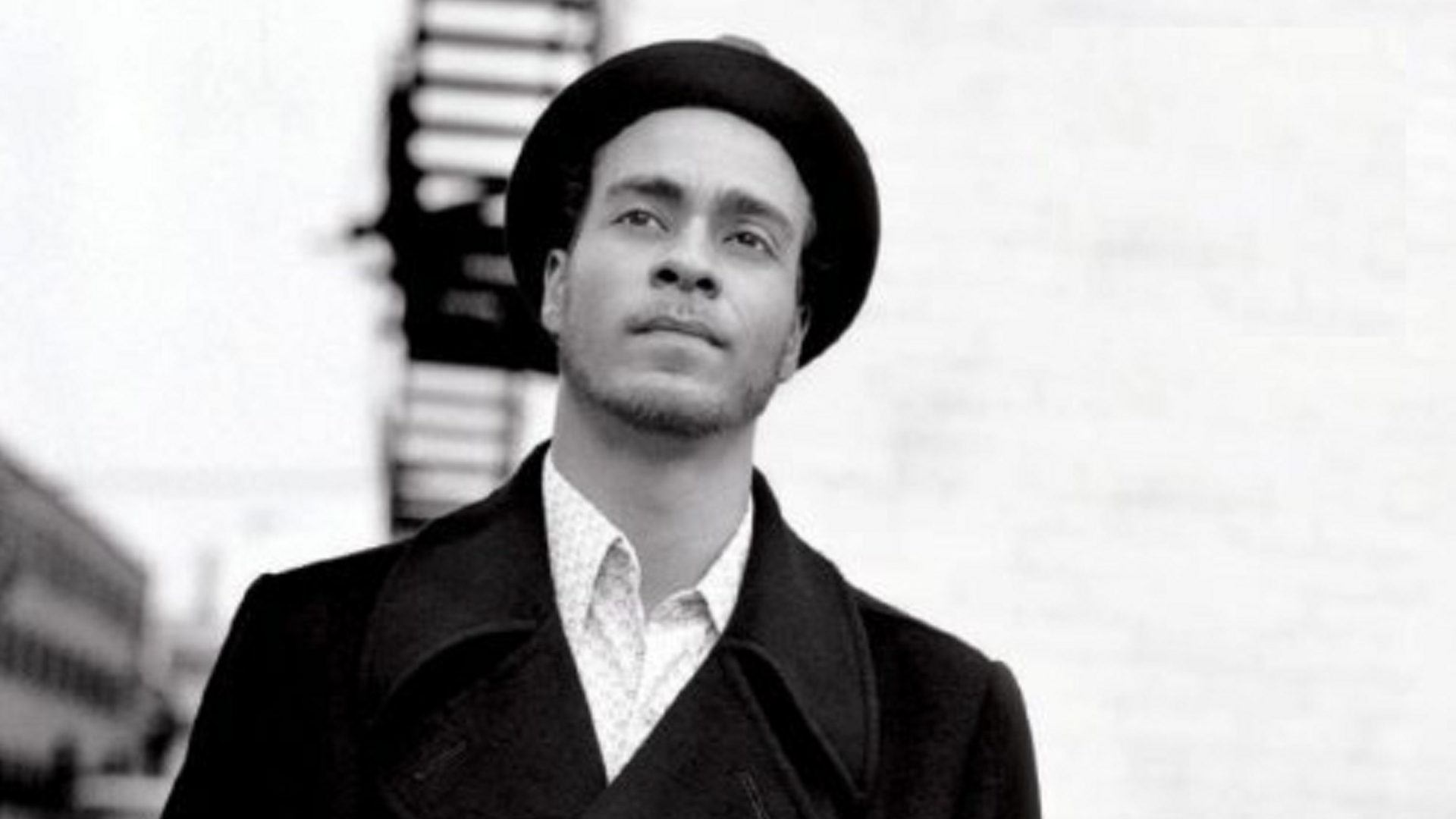Album Essentials: Amos Lee "Amos Lee" (2005)

By Dave Swanson - Summit FM Contributor
From where I stand, the less definable, the better, especially when it comes to music. When you hear one verse or half a chorus and you can already feel the bridge, you're all set to slap a label on it to define what section in the record store — um, do they still have record stores? How about what section on "Spotty Fries" it's filed under. If there's nothing more to an artist than gluing all the right pieces in the right place, then it's ultimately kind of a boring pursuit. Keep the listener guessing, keep them smiling, and wondering what is around the next corner.
"There are all sorts of movements, and people ask me if I'm part of one," Amos Lee told No Depression. "No; that means nothing to me, but it's fine if they want shorthand. I know how the game is played."
'Tis true that most people do appreciate a simple filing system and Amos Lee is often squeezed into the "Americana" section, but truth be told, there's more to his cookie than just chips. One listen to his highly regarded debut from 2005 will tell you that.
"The worst thing for an artist to have done to you," he continued, "is to be tagged as something, or not something, or for a human being to be, for that matter — unless you want to do it for yourself."
The self-titled album was released on legendary jazz label Blue Note, but it's not a jazz album. That being said, there are jazz undertones at play here and there, right alongside a nod to soul, folk and pop. The album is a fully realized vision of Lee's style. Though it was a modest start, it wasn't lost on some famous fans like Norah Jones, who plays piano on the album, while none other than Bob Dylan took him on tour.
His style has been referred to as "country-fried soul," which is a pretty good term as far as labels go. His songs, such as the beautiful "Seen It All Before" and "Colors," are earthy and haunting and miles away from any pose. The stark beauty of "Black River" raises the stakes, and though his love of vintage artists like Stevie Wonder and Bill Withers shines through, he never seems to get stuck in some retro vibe. It just all plays out naturally and less studied than so much of what passes for "authentic" in the music world.
Lee has released 11 albums over the past two decades, but something about his debut still rings loud. Check it out!






